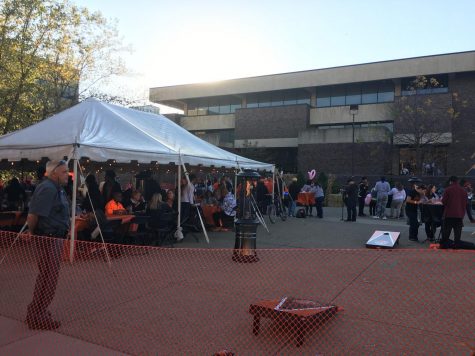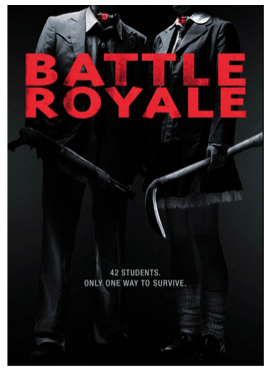‘Locker room culture’ no excuse for NFL bullying
Richie Incognito is a bully. He is also a professional football player. Some people seem to believe the latter absolves Incognito of the former.
But does bullying become something else when it happens in an NFL locker room? Is threatening to kill a teammate’s family, mocking his ethnicity with racial slurs, and making derogatory references to his sexual orientation and anatomy justified by football’s vague, unofficial blanket term, ‘locker room culture?’
Nope. Not at all. Setting and situation is unimportant. Bullying is bullying.
The defense that this ‘teasing’ creates camaraderie unraveled earlier this month when Miami Dolphins’ tackle Jonathan Martin quit the team and checked into a hospital as a result of relentless bullying from his teammate, Incognito.
No one should be subjected to this type of torment. Martin is six-foot five and 312 pounds, but Incognito’s insistent harassment cut through that massive physical frame. NFL athletes are not exempt from emotional distress. Likewise, they are not excused from acting with compassion — or, at the very least, from acting like mature adults.
Incognito is 30 years old. He is a ninth-year professional football player. In his rookie season, he may have been treated similarly to Martin. Many rookies in the NFL are forced to participate in embarrassing activities, from wearing “girly” backpacks on team trips to footing the bill for thousand-dollar team dinners.
In a world that’s become hypersensitive to bullying (and rightfully so), it’s hard to understand how the NFL gets a pass. Many anti-bullying laws have been passed, and yet Incognito and some of his NFL brethren fail to believe they have to change their ways.
In an interview with Fox Sports’ Jay Glazer, Incognito defended his actions.
“All this stuff that’s coming out… it speaks to the culture of our locker room,” he said. “It speaks to the culture of our closeness. It speaks the culture of our brotherhood. The racism, the bad words… that’s what I regret most, but that is a product of the environment, and that’s something we use all the time.”
It may be a product of the environment. But that environment needs to change.
Email: [email protected]
Twitter: @LeifReigstad










